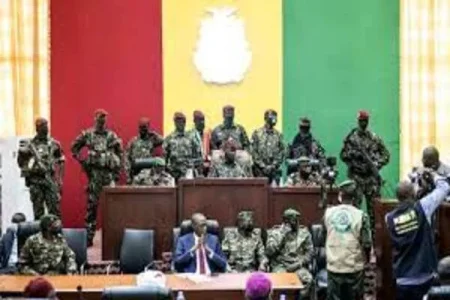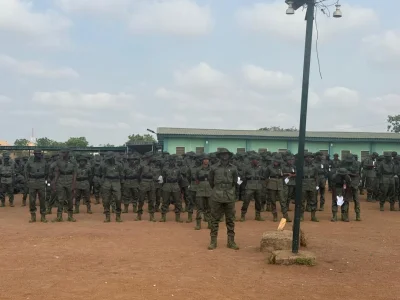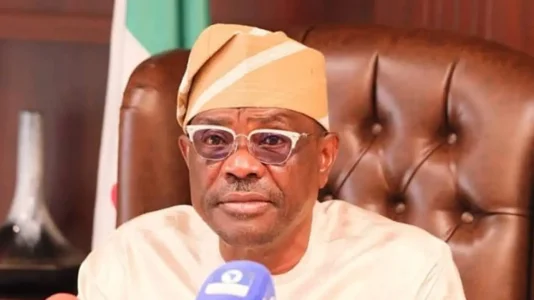
Guinea's military junta, which seized power through a coup in September 2021, has officially dissolved the government. The announcement, delivered via a presidential decree read on state TV by Brig Gen Amara Camara, the presidency's Secretary General, provided no insights into the rationale behind this dissolution or a timeline for the establishment of a new government.
As part of the dissolution, ministers from the now-dissolved government have been directed to surrender their passports and official vehicles, with their bank accounts frozen. The junta has also mandated security agencies to seal all of Guinea's borders until the full handover of government ministries is completed. During the interim period until a new government is appointed, lower-level officials will manage state ministries, according to Camara.
The dissolved government, led by Prime Minister Bernard Goumou, was appointed by coup leader Mamady Doumbouya, who orchestrated the overthrow of elected President Alpha Condé in September 2021 following protests against Condé's controversial bid for a third term.
This latest move adds to the ongoing political turmoil in Guinea, which, along with other West and Central African countries like Mali, Burkina Faso, Niger, and Gabon, has witnessed a series of coups in recent years. These coups have drawn condemnation from regional bloc ECOWAS, the African Union, and the UN.
The junta and ECOWAS had earlier agreed to a 24-month transition period, with Guinea expected to hold elections within the next 10 months to restore democratic rule as the transition period concludes. The situation unfolds against a backdrop of international concern, as Guinea navigates a complex path towards political stability.




